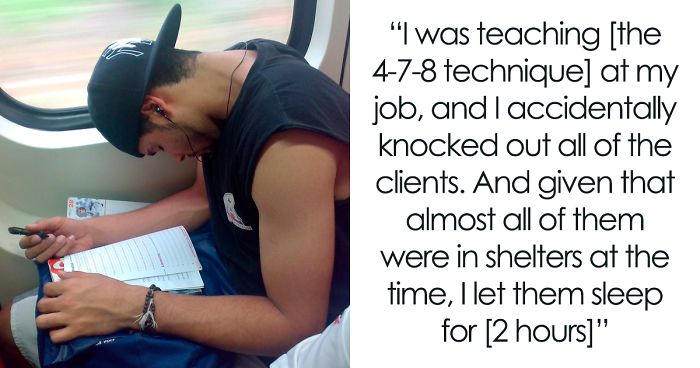
Someone On Tumblr Shares A Breathing Technique That Helps You Fall Asleep In 60 Seconds, And Many Say It Works
Tumblr is, without a doubt, a cornucopia of endless content which varies from funny to serious, from political to comical, from sad to uplifting. There’s plenty of art, tutorials, debates, and, of course, plenty of ‘tips and tricks’ as well as ‘life hacks’ of varying effectiveness. Not too long ago, a set of gifs started making the rounds, with a claim that the technique presented could help people ‘fall asleep in 60 seconds’. Users were definitely intrigued and set out to see if it works.
The breathing technique is called ‘4-7-8’ and is designed to help people calm down
Image credits: Melissa Peterson (not the actual photo)
The gifs were taken from a video made by Dr. Andrew Weil and the breathing technique shown is called the ‘4-7-8’ breathing technique. Does it really help people fall asleep in minutes? Dr. Weil claims that this technique can help in certain scenarios like dealing with stress and anxiety, as well as helping people fall asleep easier. Although it might require additional practice to easily incorporate the exercise into daily life, the doctor claims that it is one of the easiest little moves to help calm your nerves.
“A growing number of studies has revealed that deep, conscious breathing – sometimes called “diaphragmatic breathing” in research literature – may benefit both physical and mental health,” Dr. Weil told Bored Panda. He also elaborated on how breathing consciously can bring the two parts of our autonomic nervous systems (the sympathetic and parasympathetic) into balance:
“The sympathetic nervous system prepares us for a “fight or flight” response. It triggers the release of adrenaline from the adrenal glands, shunts blood flow away from the surface of the body, increases heart rate and blood pressure, and shuts down digestion.
These days, many people live in a state of near-constant sympathetic nervous overdrive.. they are “wired and tired” – anxious and alert, but too fatigued to effectively perform daily tasks.
A common effect of this condition is insomnia – feeling exhausted, but lying in bed for hours waiting for sleep that never seems to come.
In Japan, autonomic nervous system imbalance is a common diagnosis and treatments are typically lifestyle-based, but Western physicians can only use drugs to counteract the symptoms of excess sympathetic nervous activity.This strategy can lead to side effects such as dizziness, drowsiness, and eventually drug dependence.
Breathing practice offers another option – one that is safer, easier, cheaper and instantly accessible anywhere.
It can activate the parasympathetic nervous system, thereby reducing heart rate and blood pressure. Because it allows relaxation and returns blood flow from the muscles to the digestive organs, it is sometimes called the “rest and digest” system.”
Press the tip of your tongue against the hard ridge behind your upper front teeth and keep it there
Exhale all your breath out
The exercise requires a few simple steps. One should start by completely exhaling. Then, these are the steps:
1.Exhale completely through your mouth, making a whoosh sound.
2.Close your mouth and inhale quietly through your nose to a mental count of four.
3.Hold your breath for a count of seven.
4.Exhale completely through your mouth, making a whoosh sound to a count of eight.
5.This is one breath. Now inhale again and repeat the cycle three more times for a total of four breaths.
Inhale, quietly, through your nose for four seconds
Hold the breath for seven seconds (or counts, if it’s too slow for you)
It is said that the time to do this exercise is not important, it’s the ratio of 4-7-8 that should always be important. One can either slow down or speed up according to what works for them, just keep in mind that breathing out should take two times longer than breathing in.
Exhale completely through your mouth, making a whooshing sound, for 8 seconds (or counts)
“Breathing consciously can be done by anyone; I’ve taught thousands to do it, both individually and when speaking to large audiences,” the doctor said. He wanted to stress four terms that could help one with breathing: “deeper”, “slower”, “quieter” and “more regular”. “Bring your attention to your breath when you are feeling calm. Chances are, you will find it relatively deep, slow, quiet and regular, just as it becomes when you consciously control it with the 4-7-8 Breath,” he explained. He also suggested keeping an eye on the opposite – breathing when you’re angry, frightened or confused. “You will likely find your breathing has become shallow, quick, loud and irregular,” Dr. Weil explained.
“You can’t simply command yourself to become calm. But you can intentionally change your breathing at any time, which in turn will calm your emotions,” the doctor concluded.
Here’s the video where Dr. Weil showcases the technique
Of course, Tumblr users were amazed by such claims so they decided to try the technique themselves and report the results. While some had minimum impact, others claimed that it helped them fall asleep. There were also those who said that it helped them manage their anxiety and even one user who reported that she uses the technique to help her as an actress. Quite interesting experiences!
Some Tumblr users decided to try it and here’s what they had to say
224Kviews
Share on FacebookIf anyone wants, I can record a lecture from my pre calc teacher and share it, it's bound to make everyone fall asleep
For some people, breath control does the opposite of help. So if you start freaking out, it doesn't work for you. I see a lot of sleep aids/destressing/calming/stopping anxiety things that focus heavily on breath control and see people reacting badly when it doesn't work/makes things worse. This is just an add on, because a lot of people don't seem to understand that breath control can make a mess of a person it doesn't work for - any breath control, even this little. I've not tried it, I won't, I know this will make me have a panic attack if I try.
I'm having the same averse reaction to those calming techniques that tell you to focus on your heartbeat.
Load More Replies...If anyone wants, I can record a lecture from my pre calc teacher and share it, it's bound to make everyone fall asleep
For some people, breath control does the opposite of help. So if you start freaking out, it doesn't work for you. I see a lot of sleep aids/destressing/calming/stopping anxiety things that focus heavily on breath control and see people reacting badly when it doesn't work/makes things worse. This is just an add on, because a lot of people don't seem to understand that breath control can make a mess of a person it doesn't work for - any breath control, even this little. I've not tried it, I won't, I know this will make me have a panic attack if I try.
I'm having the same averse reaction to those calming techniques that tell you to focus on your heartbeat.
Load More Replies...
 Dark Mode
Dark Mode 

 No fees, cancel anytime
No fees, cancel anytime 






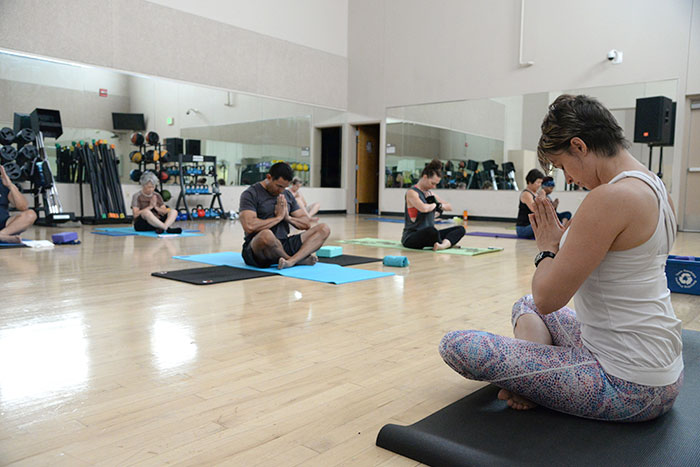
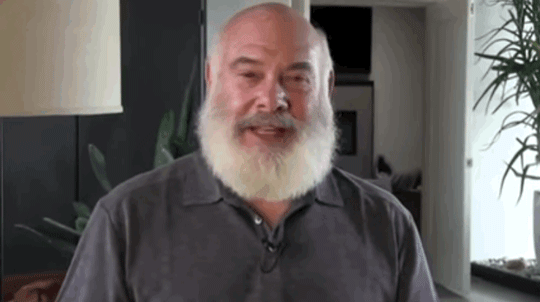
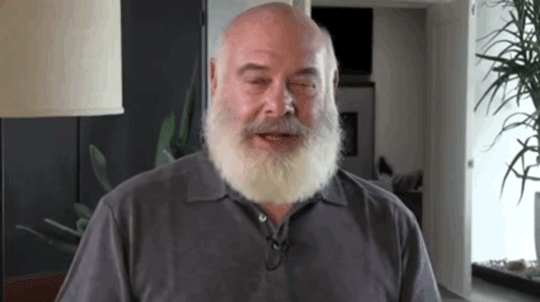
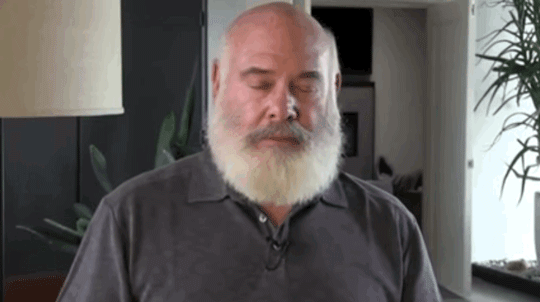
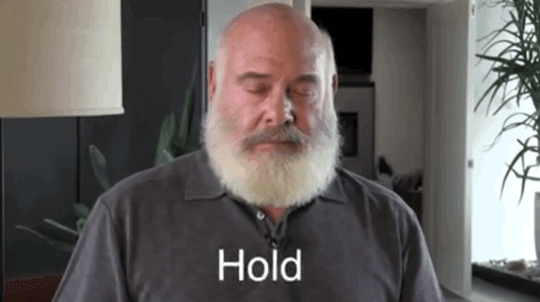
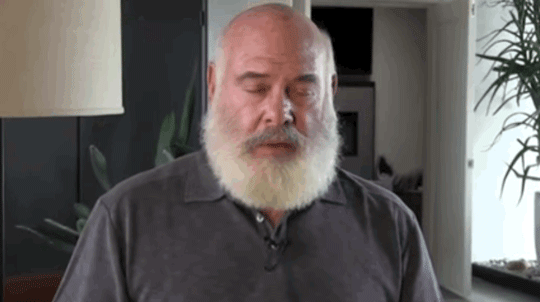
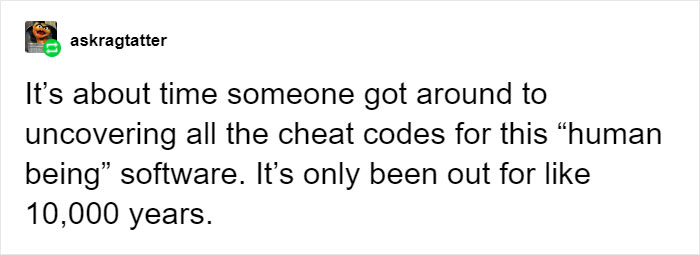
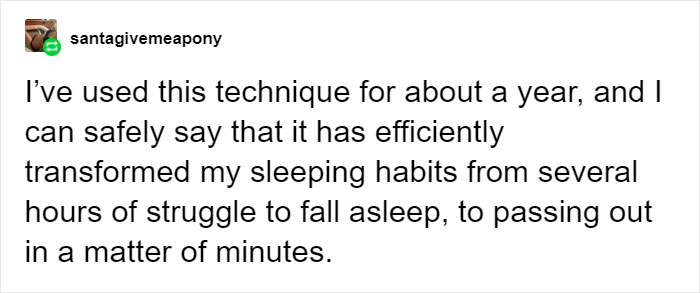
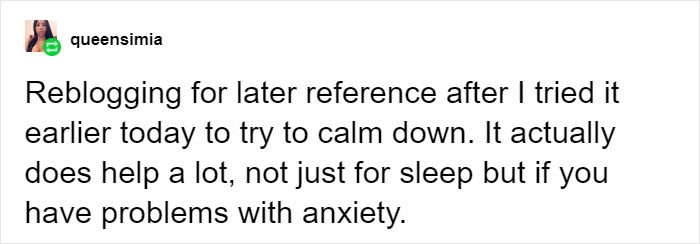
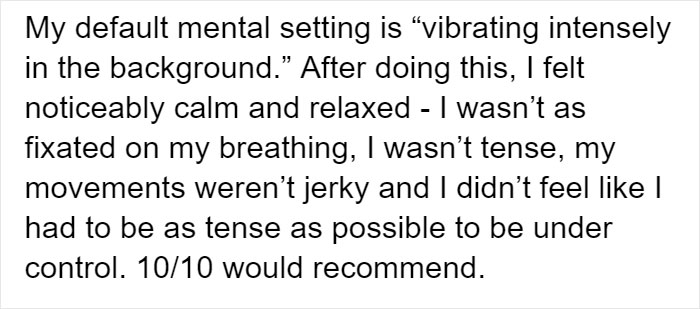

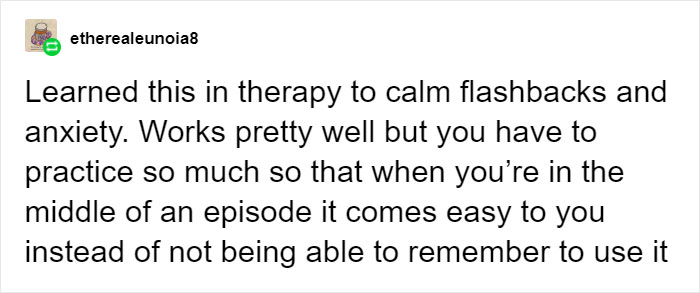

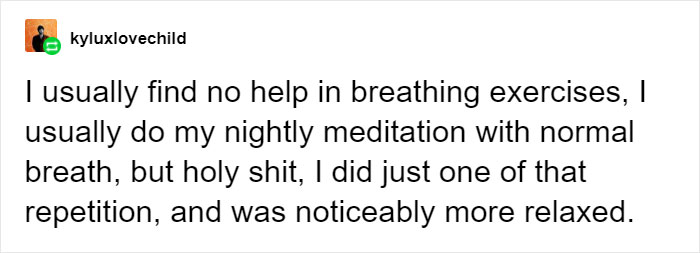

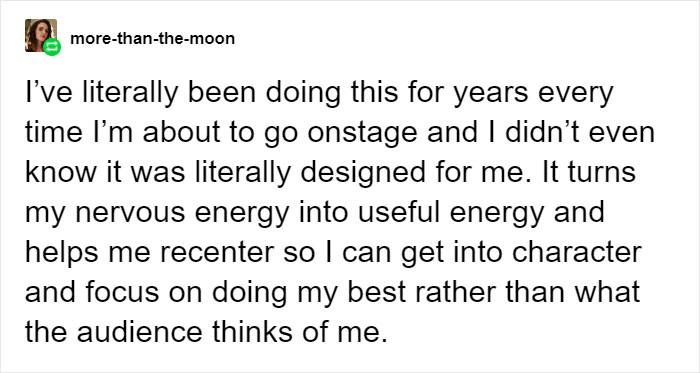

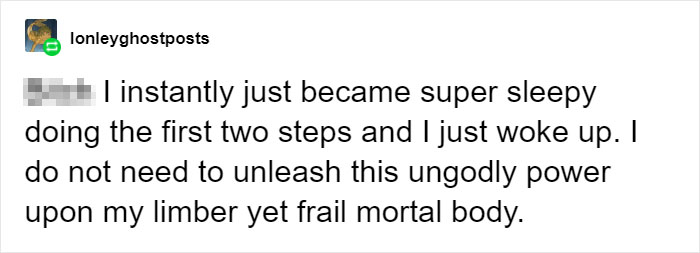
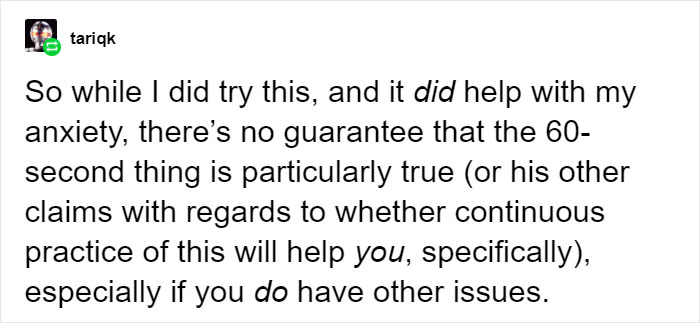
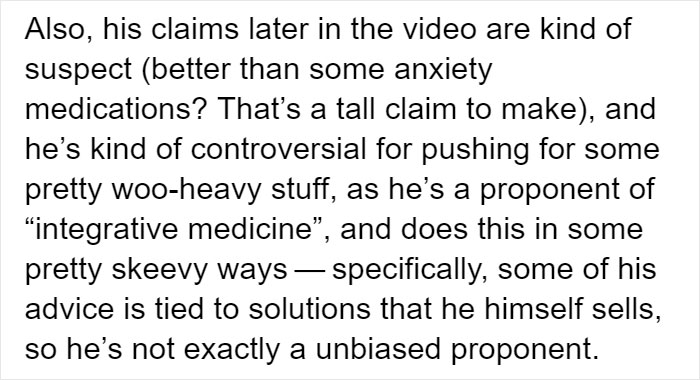


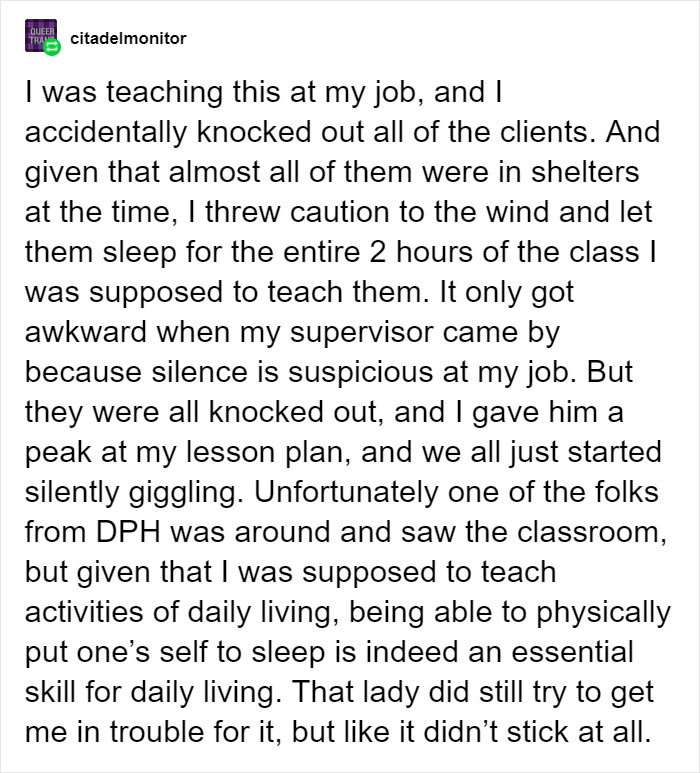










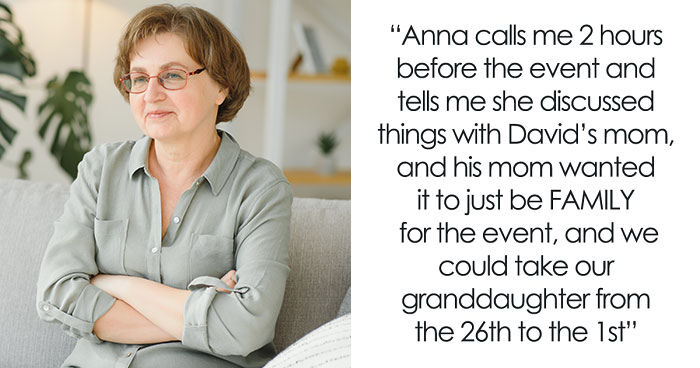


































229
36